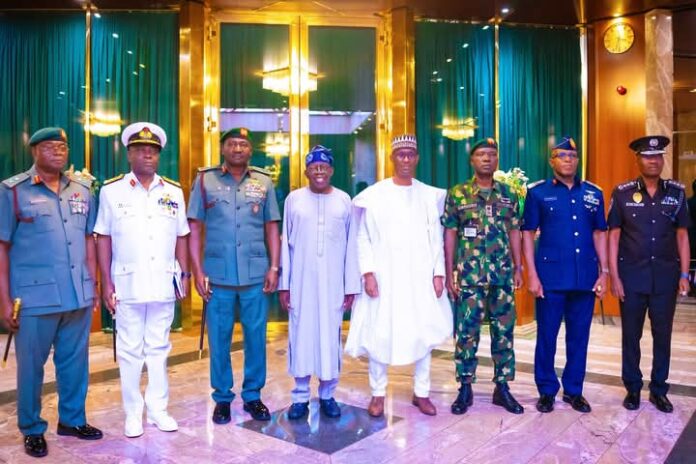By Daure David
A fresh wave of public anger has gripped the nation following alarming statistics revealing the scale of killings and kidnappings in Nigeria during the first quarter of 2025. According to data compiled by BBC Hausa, no fewer than 3,610 Nigerians lost their lives between January and March this year due to ongoing attacks by bandits and Boko Haram insurgents.
The stark figures have reignited criticism of the security architecture under the All Progressives Congress (APC)-led administration of President Bola Ahmed Tinubu. Citizens, civil society groups, and political observers are increasingly vocal about what they describe as government inaction and failed security strategies.
In a strongly worded open letter addressed to President Tinubu and the nation’s service chiefs, concerned Nigerians condemned what they termed a “massacre under supervision.” The letter accuses the federal government of turning a blind eye to the daily bloodshed while continuing to expend vast sums on ineffective security operations.
States Worst Affected:
Niger State: 631 killed, 251 kidnapped, 178 attacks
Zamfara State: 585 killed, 918 kidnapped, 250 attacks
Borno State: 514 killed, 357 kidnapped, 397 attacks
Katsina State: 341 killed, 495 kidnapped, 247 attacks
Kaduna State: 106 killed, 128 recorded attacks
Sokoto State: 93 killed
Kebbi State: 91 killed
“These numbers are not statistics of cattle or chickens — they are human beings, innocent Nigerians,” the statement emphasized. “It is unacceptable that the country continues to bleed this way while those in power remain shielded from the pain and suffering of the people.”
Security analysts note that while the government continues to announce new tactical operations and procurements, the reality on the ground tells a different story. In many rural communities, attacks by armed groups remain frequent, unchallenged, and deadly.
With pressure mounting, there is a growing chorus calling for accountability at the highest levels. Many Nigerians are demanding urgent reforms, the overhaul of the security leadership, and the immediate deployment of effective measures to stem the tide of violence.
As of press time, the Presidency and Defence Headquarters had not issued any official response to the figures released or the widespread condemnation that followed.
The silence from the top, however, has only further fueled public frustration. Citizens across regions, religious lines, and political affiliations are uniting to demand that the federal government prioritizes the protection of lives over political maneuvering and rhetoric.







